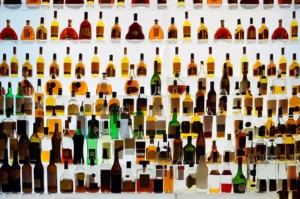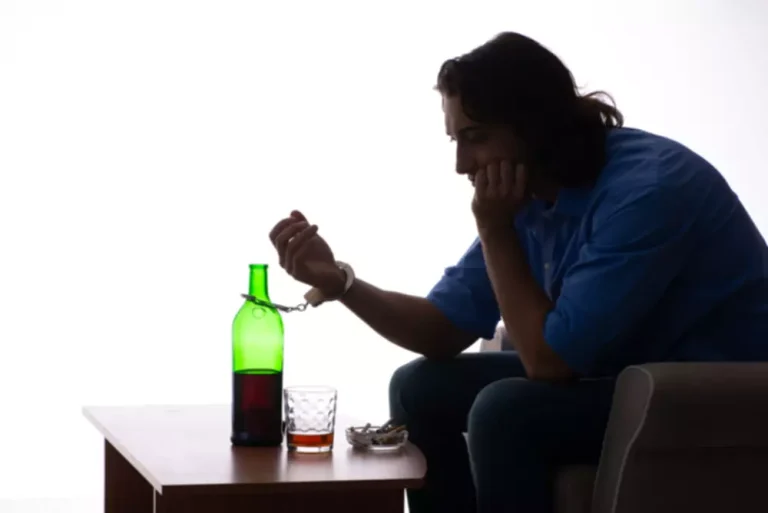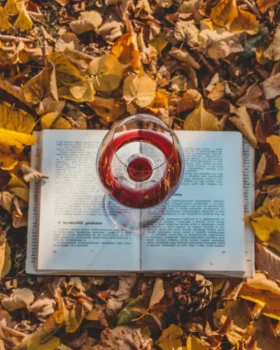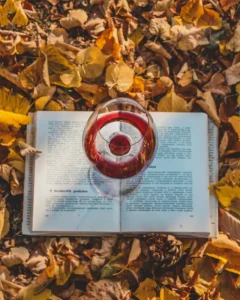
Alcohol convinces the pituitary gland that ADH shouldn’t be introduced into the situation, despite the alcoholic drink itself being made up largely of water. Alcohol is also known to break down muscle tissue and reduce protein synthesis – sorry, bodybuilders! Effects of alcohol upon the muscles can include pain, swelling, and general muscle weakness.
Should You Drink Alcohol to Stay Hydrated?
You’ll hang Twelve-step program on to only about half or a third of the extra water you drink. Most of it will go out in your urine, and you’ll still end up dehydrated at the end of a night of drinking. Replenishing electrolytes is vital for recovery from dehydration caused by alcohol. Consuming drinks that contain electrolytes—like sports drinks or coconut water—can aid in restoring balance after a night out. These products contain electrolytes, potassium, sodium, and chloride – all of which your body loses with higher urine output. While any kind of alcoholic drink will dehydrate you to at least some extent, those with higher alcohol content will cause more dehydration.
Best Guatemalan Beers That You Must Try

Winemakers love that Merlot can taste great even with minimal aging. Wine drinkers love its chocolate and cherry flavors that pair well with a range of foods. Merlot is often used in blending to even out the tannins of higher tannic wines like Cabernet Sauvignon. Let’s circle back to the relationship between alcohol content and residual sugar.
- Eventually, the total amount of fluid would be reflected in the water balance, so we do not expect that this affected the interpretation of the data.
- You’ll also want to include a quick dose of electrolytes, which work on a cellular level to carry much-needed fluids in and out of the cell.
- Beer typically has an alcohol content of 3-7% in every 12-ounce serving, while a 5-ounce glass of wine could have as much as 14% alcohol content.
- That can lead to weight gain over time and a “beer belly” even if beer isn’t your drink of choice.
Alcohol and Cancer: What’s the Link?

That advice holds true for beer vs. wine and any other alcoholic beverages. Besides the belly bloat you’re dealing with from those excess calories and gastro effects, alcohol consumption can also dry out your skin. The result can mean itchy, irritated does wine dehydrate you skin and facial puffiness, especially under your eyes. To stay hydrated while drinking beer, you can alternate between alcohol and water. You can also try to pace yourself by sipping your beer slowly or pouring yourself smaller portions. Dehydrated mushrooms, like all dehydrated food, should be stored in a sealed container and kept in a cool, dark and dry location.

If you are an experienced mushroom hunter, you can also dry wild hunted mushrooms like morels, lobster mushrooms, chantrels, shaggy mane, and puff ball. When you break your limits and consume more than the recommended amount, your body gets intoxicated, and you may experience serious health hazards. When you take in too much beer, your body loses an excessive amount of fluids. You begin to urinate more often, which can leave you feeling thirstier. Since the alcohol content reaches your bloodstream faster, you might find yourself bringing up politics with Aunt Janet just two drinks in. Whew, that’s not how you meant to start the Thanksgiving festivities.
- For this reason, a person should drink alcohol in moderation and avoid binge-drinking or chronic heavy drinking.
- If you choose to indulge in wine, consider alternating alcoholic beverages with glasses of water to maintain hydration levels.
- There’s a good chance you’ll find Cabernet Sauvignon near the top of almost every wine list.
Alcohol has a complex relationship with sleep—it may help you fall asleep faster but often disrupts the sleep cycle later in the night. However, colds are caused by viruses, typically rhinoviruses or coronaviruses, which require the immune system to fight them off naturally. No amount of wine can kill the virus or speed up recovery significantly. Drinking wine might help you relax or feel warmer temporarily, but it can also dehydrate you, which is counterproductive since hydration is crucial during illness. While many people who drink alcohol initially experience relaxation or euphoria, these feelings are temporary.
- Include them in your diet once you’re feeling better to boost your digestive enzymes and balance your gut.
- “If you go from 8 in the morning until 4 in the afternoon without peeing, then you’re dehydrated.”
- Alcohol affects fluid balance primarily through its impact on the kidneys.
- If you experience any combination of these symptoms after consuming alcohol, it’s essential to rehydrate promptly.
Alcohol has a diuretic effect on the body, causing increased urination and fluid loss. Beer, for instance, contains 93-95% water, yet it can be a significant source of dehydration due to its diuretic properties. The alcohol content in beer, typically ranging from 3-7% ABV, influences the level of dehydration, with higher ABV leading to more dehydration. In conclusion, while wine does contain water, its alcohol content can offset the hydrating effects.
The Impact of Mixed Drinks and Cocktails

That splitting headache you wake up with after a fun night of drinking might not be entirely due to dehydration. Some people may react to the tannins in wine, while others are sensitive to ethanol, the chemical found in alcohol that causes vasodilation, or the dilation of blood vessels. Because alcohol inhibits antidiuretic hormone, it can force liquids out of your body along with essential minerals and electrolytes – this process occurs even faster on an empty stomach. There’s less air pressure, so alcohol enters your bloodstream even more rapidly.
